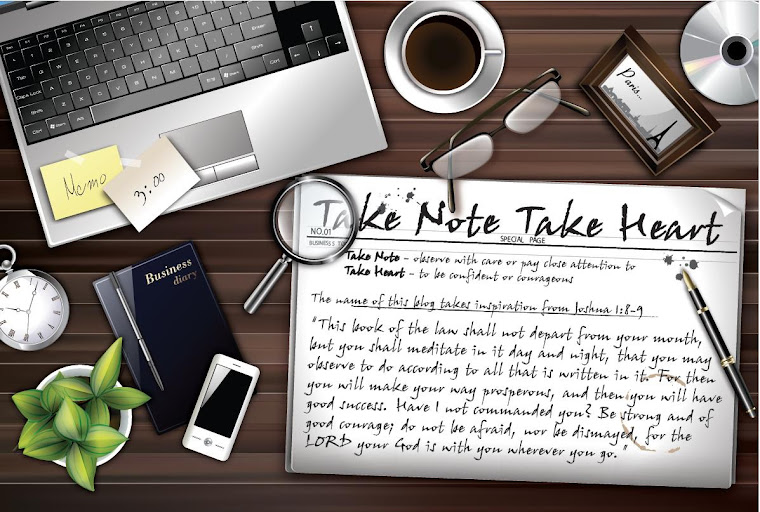UPDATED
@ 03:46:30 PM 24-11-2011
November 24, 2011

Demonstrations such as the July 9 Bersih 2.0 rally are expressly forbidden by the proposed assembly law. — File pic
KUALA
LUMPUR, Nov 24 — Rubbishing accusations that the Peaceful Assembly Bill
was repressive, Datuk Seri Najib Razak today instead declared it a
“revolutionary” law and a “giant leap” towards improving individual
freedom.
The prime minister pointed out to opposition lawmakers in Parliament
that under the new legislation, the powers of the police would be capped
and punitive action against protestors reduced to only fines instead of
jail sentences.
“We aware, however, that no matter how noble the government’s intentions are, the opposition has already objected to the law.
“Supposedly, it chokes freedom to assemble. Is this allegation true?
The answer: Not true at all,” he said when tabling a motion to lift
three Emergency declarations today.
Najib reminded Pakatan Rakyat (PR) representatives that provisions
under the Bill prohibit the police from blocking any peaceful assembly
from taking place.
He said protestors would merely be barred from holding gatherings at
areas gazetted as prohibited zones under the law, such as hospitals,
schools and places of worship.
He added that should any assembly required the provision of notice to
the authorities, as stipulated under section 9(1) of the Bill, a
reasonable timeframe would be given to the authorities to respond.
“And if the response is not given within this timeframe, the assembly can proceed under the protection of the law,” he said.
“It proves that based on these abovementioned principles, the opposition’s allegations are totally untrue.
“It is clear that this law is revolutionary in nature and a giant leap in terms of improving on current laws,” Najib said.
The prime minister, smiling at the occasional chatter from the MPs in
the House, added that the government was committed to Article 10 of the
Federal Constitution which states that every citizen has the right to
assemble peacefully without the use of weapons.
However, he said, it was also the government’s “constitutional
responsibility” to ensure that national security and public peace
continues to be protected.
“We must understand that in this respect, we are looking not only on
the right to assembly but also the rights of those who want freedom and
peace to continue with their lives,” he said.
Opposition lawmakers and civil society groups have objected to the
Peaceful Assembly Bill, tabled in the House on Tuesday, claiming it was
more repressive than previous laws on public assembly, and that it
simply meant “people could not gather anywhere in Malaysia.”
PR de facto leader Datuk Seri Anwar Ibrahim said yesterday that opposition MPs will oppose the Bill during debates in the House.
Section 27 of the Bill states that public gatherings cannot be held
in the following areas: petrol stations, hospitals, fire stations,
airports, railways, land public transport terminals, ports, canals,
docks, bridges, places of worship, kindergartens and schools as well as
dams and reservoirs.
It states that no street protests are allowed, and bars any assembly
in or within a 50-metre buffer zone around the listed prohibited areas.
Section 9 (5) of the Bill allows the police to fine organisers up to
RM10,000 if no advance notice of a planned assembly is given to the
authorities.
Section 20 (1) (c) allows for police to arrest anyone who brings or recruits children in an assembly.
Section 21 (3) allows protesters arrested by police to be fined up to RM20,000.
The new law says that there also must be 30 days’ advance notice for
assemblies except for designated areas defined by the home minister. The
assemblies can then proceed unless there is objection by the police.
Simultaneous assemblies may be held, but this is subject to the
discretion of the police. If a “counter assembly” should cause potential
conflict with another assembly nearby, police have the right to name an
alternative location and time for the counter assembly to be held.
Individuals under 21 years of age not allowed to organise assemblies
and children under 15 are not allowed to participate in assemblies
except for cultural and religious ones like funeral corteges or events
approved by the home minister.
The prime minister promised a raft of reforms in his Malaysia Day
address on September 15, including the repeal of the controversial
Internal Security Act (ISA) and doing away with annual permits for the
print media, saying he wanted to give Malaysians more freedom.

No comments:
Post a Comment